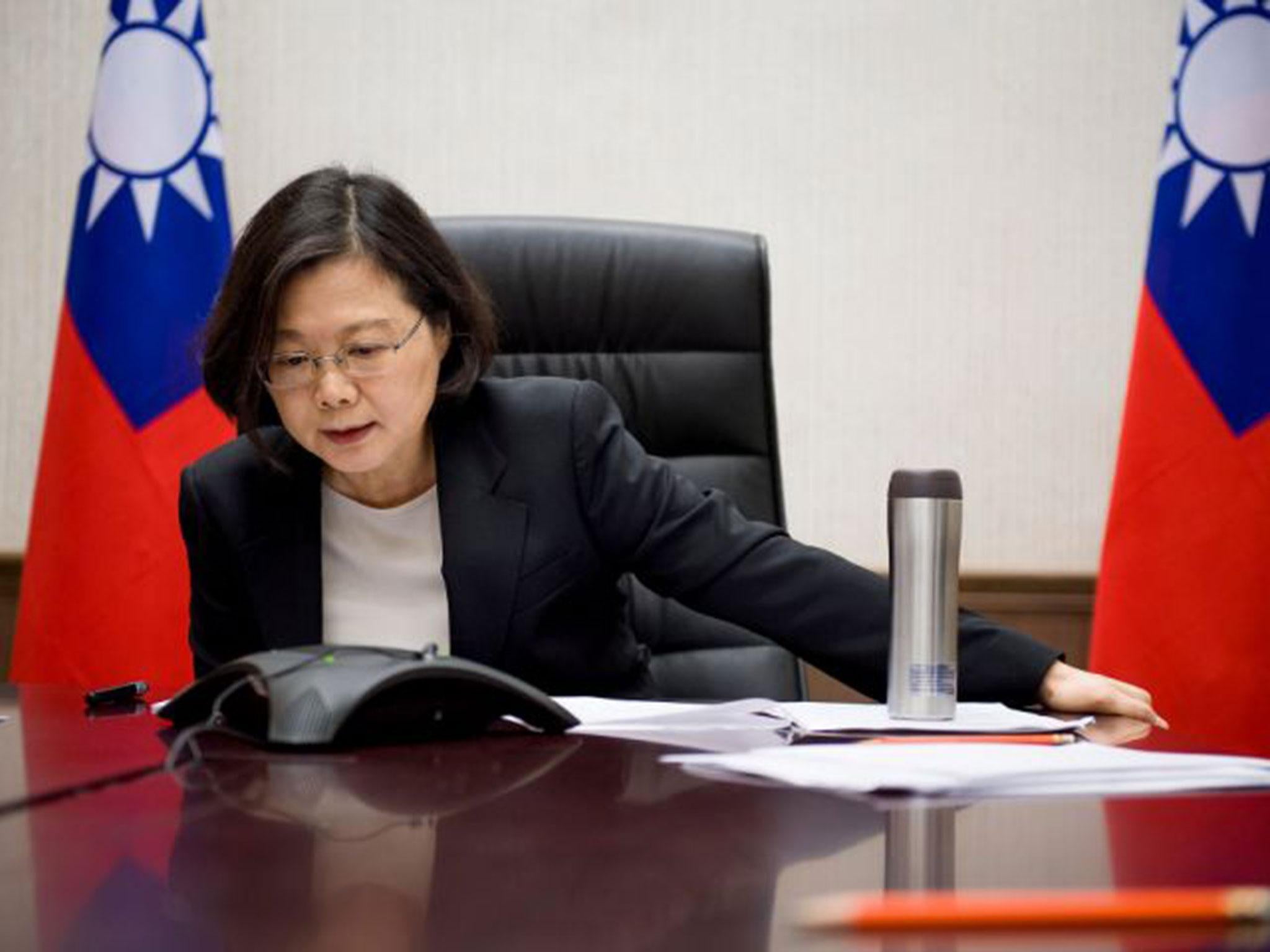Donald Trump took Taiwan's call for one reason only
In his own words, Trump didn’t take Tsai’s call because they were fellow democrats, as some hot headed Republicans presumed, but because Taiwan has the Donald’s favourite thing – 'deals', lots of them

With a phone call and handful of tweets, Donald Trump singlehandedly overturned decades of US foreign policy on China. Digital diplomacy suddenly took on a different meaning.
The media focused on Beijing’s irritated response on Monday, which was thinly veiled. Those who go against the “One China” policy are “lifting a rock only to drop it on their feet”, said the Chinese foreign minister. Then, for the first time in 18 months, China flew its nuclear bomber along the hotly disputed South China Sea, sending an unmistakable message to the US president-elect: “One China” is non-negotiable.
Anyone who has dealt with China – including Trump – knows “One China” is immovable. When Taiwan held its first democratic presidential election in 1996, the Chinese army fired missiles around Taiwan. In 2005, following moves towards official independence by the administration in Taipei, Beijing approved the Anti-Secession Law, justifying “non-peaceful means” to take over the island and unite the country.
With the iron fist of President Xi Jinping, who, like Trump, wants to make his country “great again”, and with ever closer cross-strait economic ties, China’s engulfment of Taiwan seems inevitable – a trend Taiwan’s current leader, Tsai Ing-wen, is seeking to buckle.
Tsai, not Trump, was the first major political figure to come out and reject “One China” in recent years. Her ambiguous stance over “One China, two interpretations” – the foundation of cross-strait peace since 1992, has caused significant tensions across the Taiwan Strait, not dissimilar to Trump’s tweets over US-China relations. This, together with her government’s handling of introducing gay marriage and cut to public holidays, has led to unpopularity with her base – satisfaction with her policies have fallen to below 50% in her first 100 days in office. Intended or otherwise, Tsai’s call with Trump took off some of this heat in the domestic arena.
Yet Taipei has been remarkably quiet on the foreign affairs frontier. Its diplomats, including here in the UK, have been tight lipped. Likewise, Trump’s tweets have had little impact on Chinese investors who remain bullish on US companies, as they seek shelter from continued RMB devaluation. No one seems to believe the president-elect will be following through on his rhetoric.
In his own words, Trump didn’t take Tsai’s call because they were fellow democrats, as some hot headed Republicans presumed, but because Taiwan has the Donald’s favourite thing – “deals”, lots of them, with fighter jets and missiles. As soon as China satisfies some of Trump’s requests, “One China” would be back on the table.
Trump and Tsai both know this. But for now, Tsai emerges the star of this saga. The embattled president, abandoned by local mayors and business just a week ago, is now at the centre stage of international politics, with a pending request to meet with the White House transition team.
Tsai will be cautious, however, as she knows that Taiwan is just a bargaining chip to Trump. When Beijing gives the Donald what he wants, there might not be anyone on the other end of the phone line.
Join our commenting forum
Join thought-provoking conversations, follow other Independent readers and see their replies
Comments